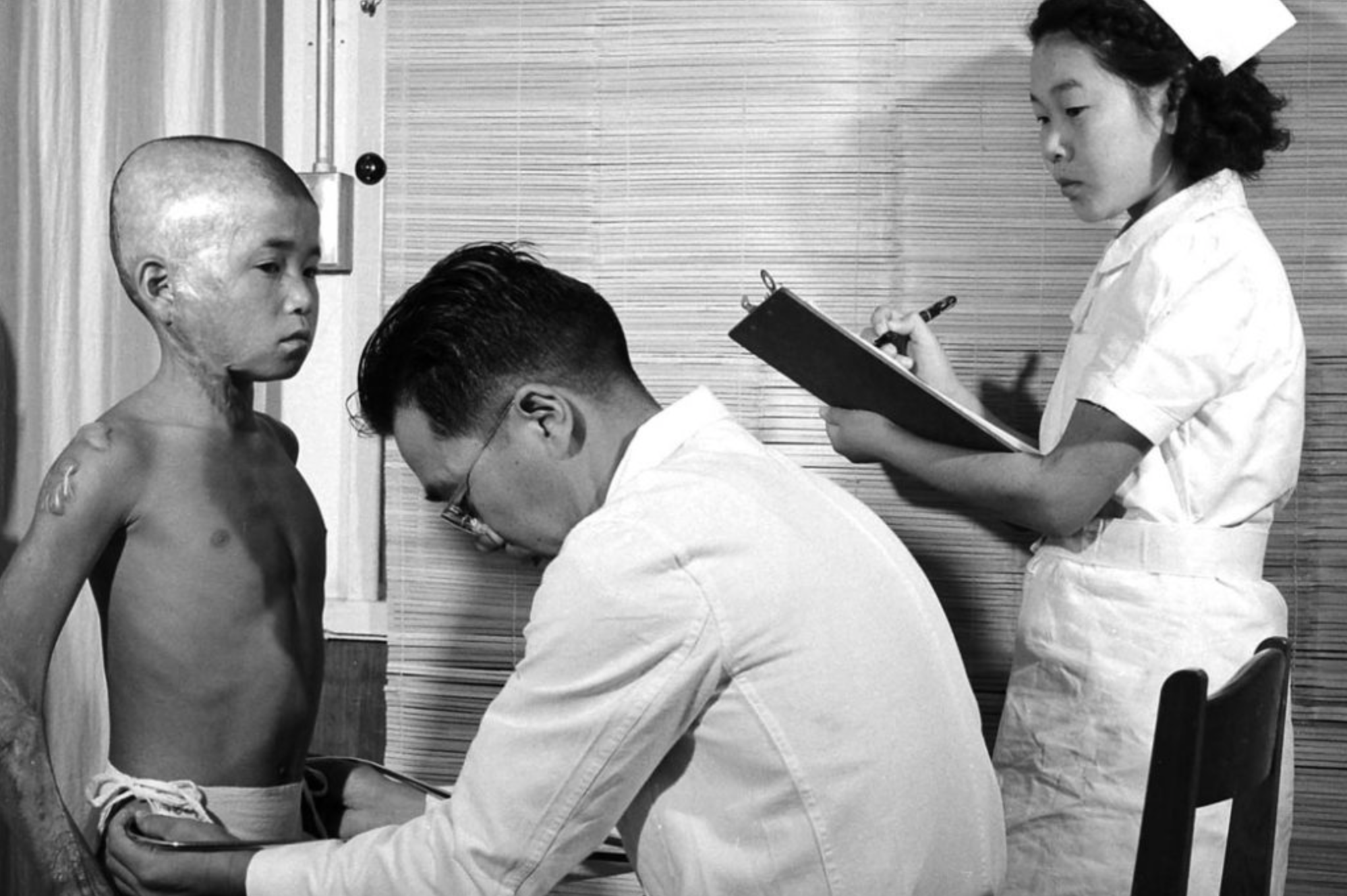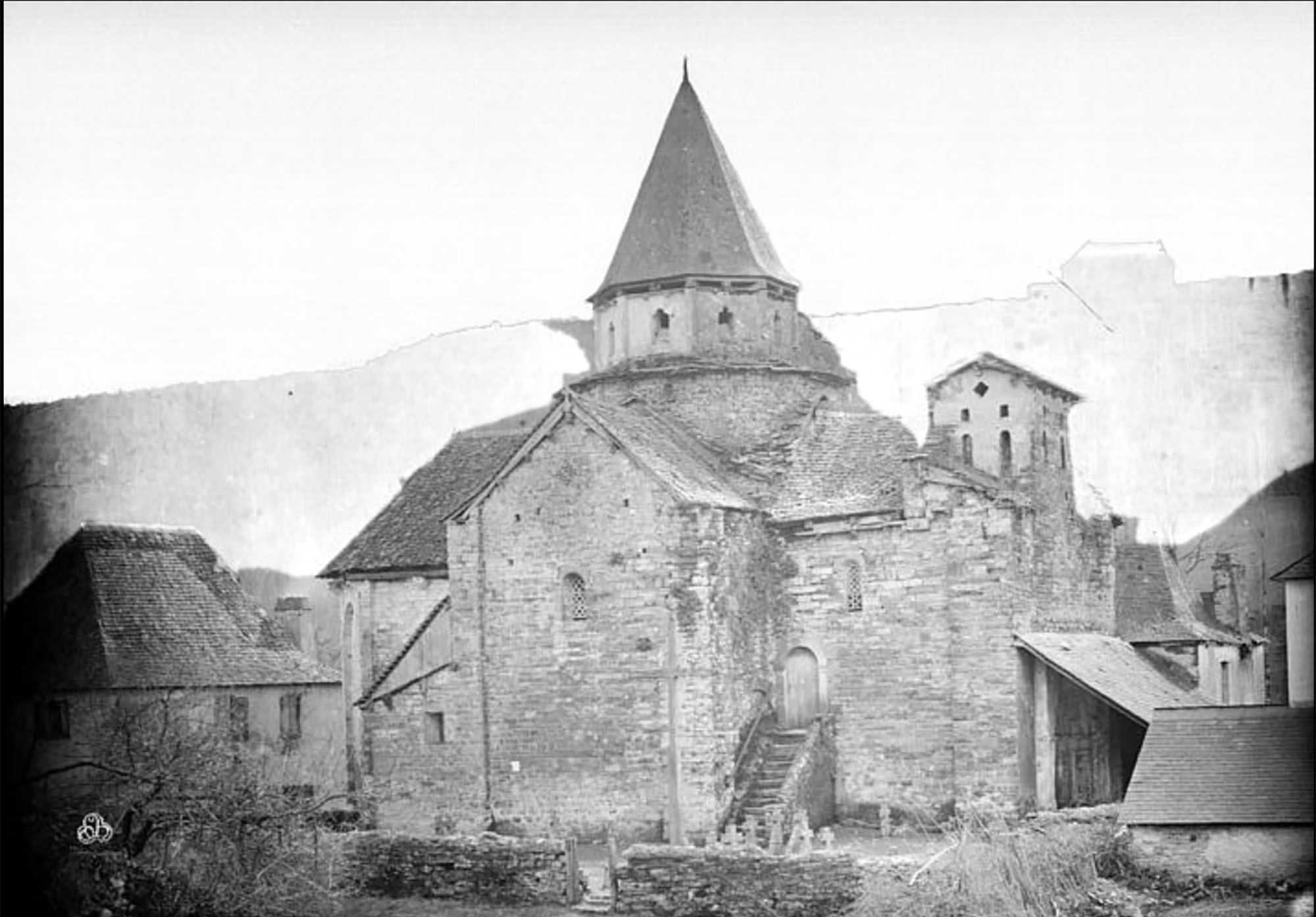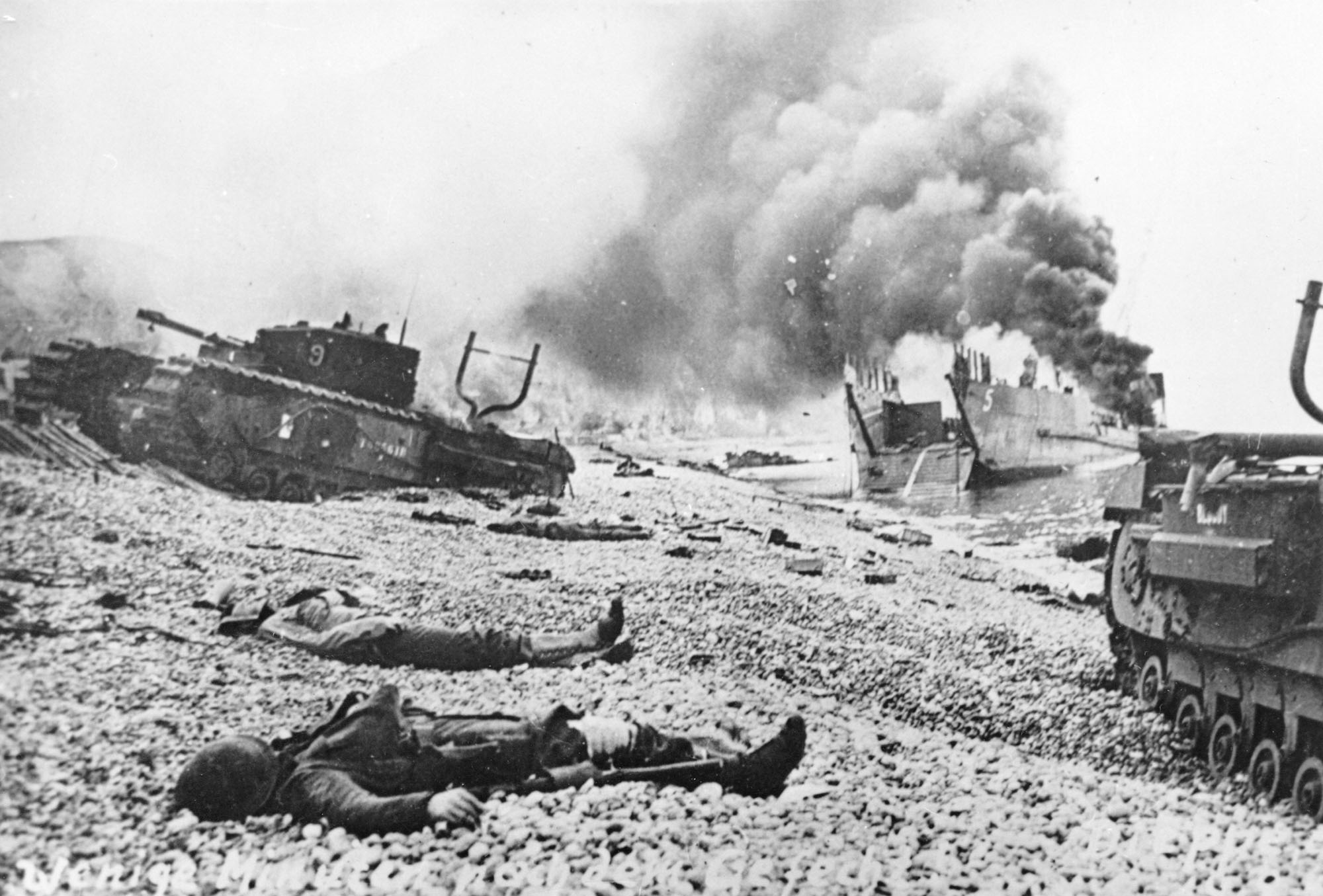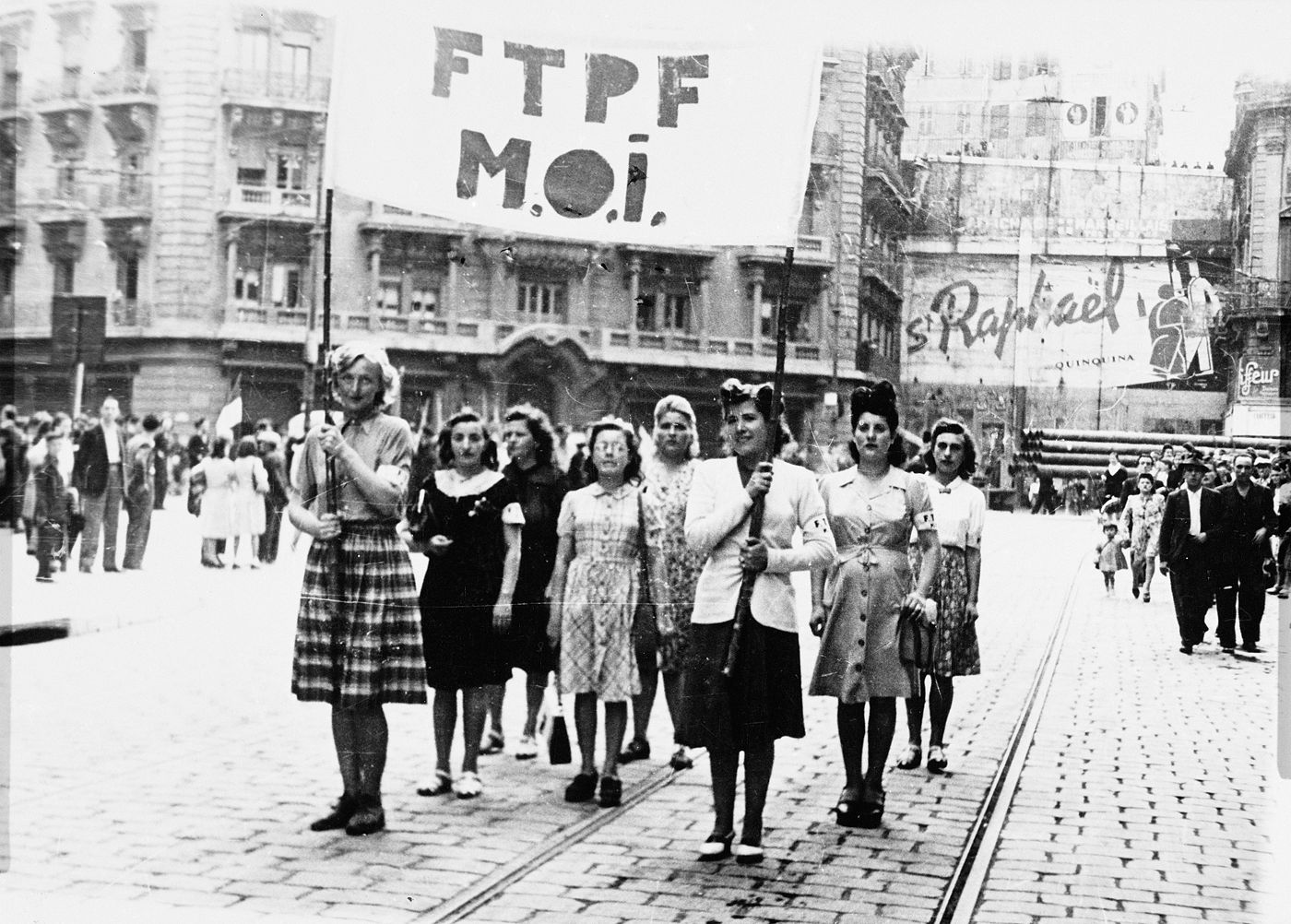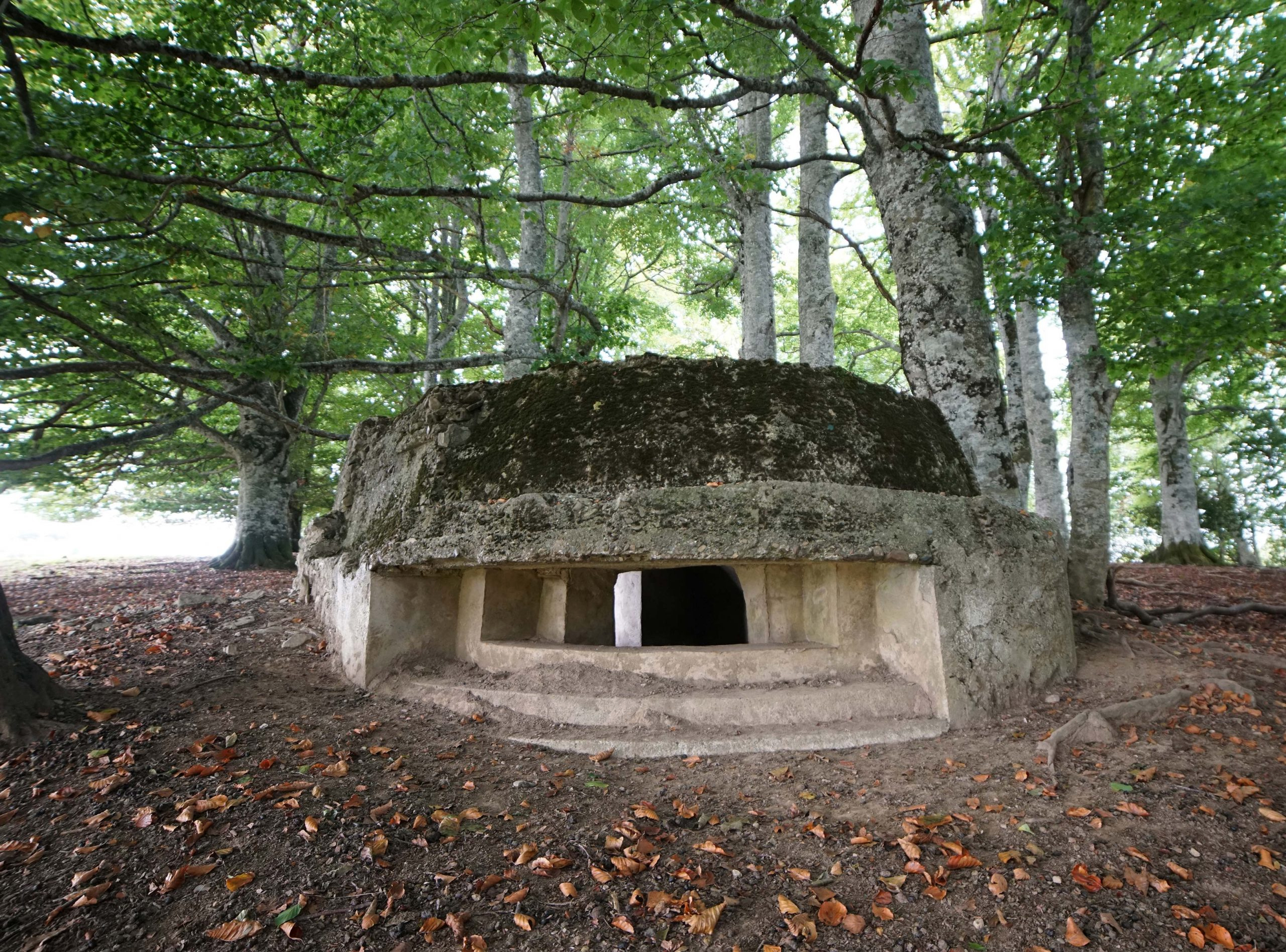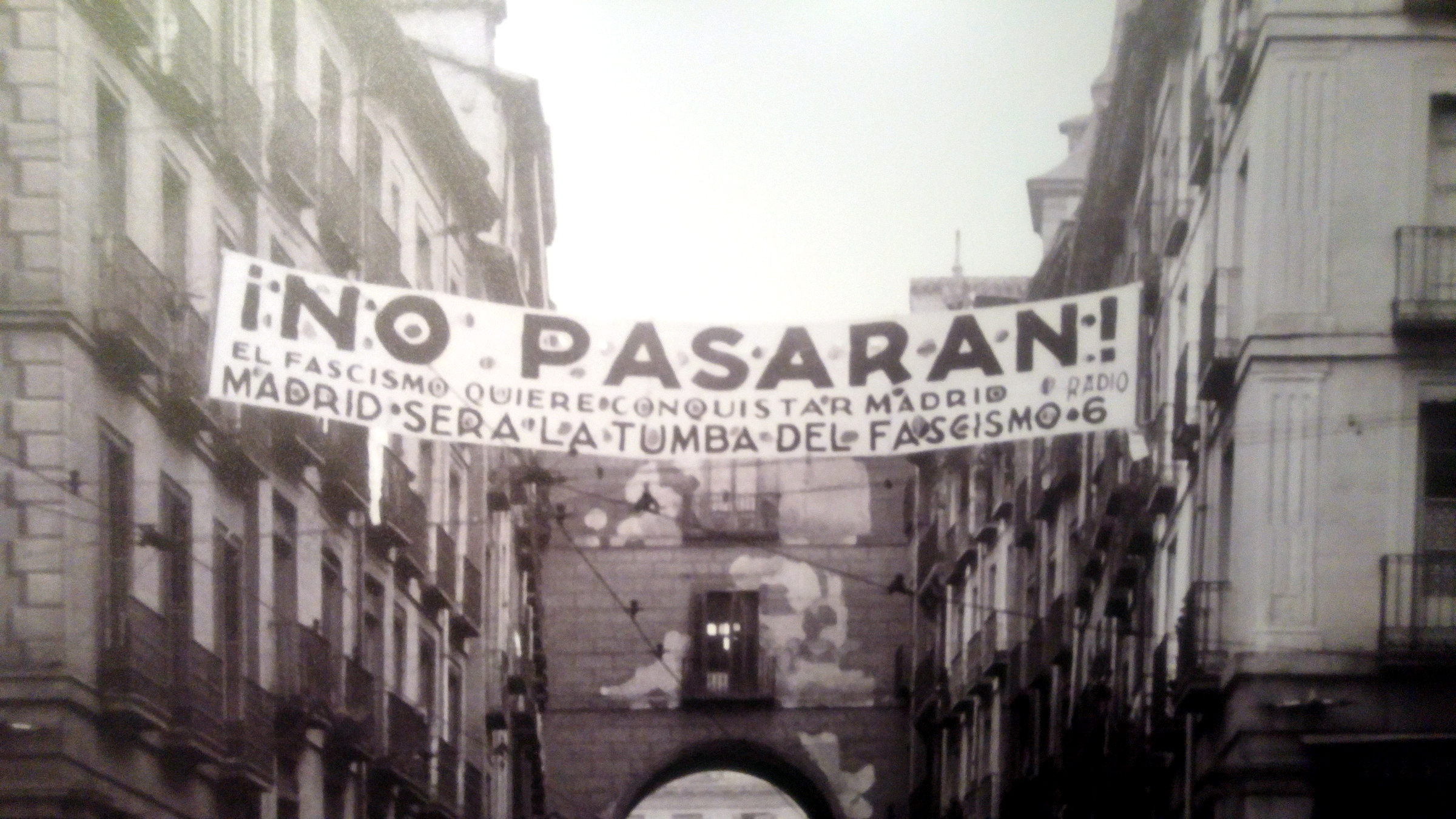The secret fodder of sharks
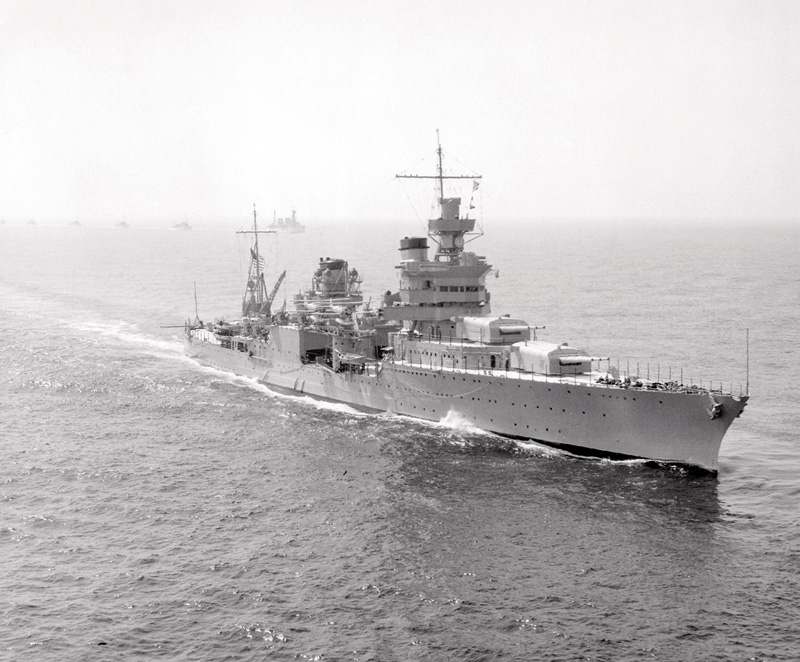
Born 29 July 1945. An Idaho class heavy cruise of the United States Army, USS Indianapolis, entered the I-58 submarine drawer, commander of Mochitsura Hashimoto. The warship did not carry escort or zigzag to prevent attacks, but was an easy target.
At 23:26, when the submarine was just 1,500 meters from the boat, Hashimoto ordered the launch of six torpedoes. He hit his head and Indianapolis threw himself to the bottom in a few minutes. The United States Army received no sign of SOS from the cruise that was in the port. But an hour later, Hashimoto's message had been discovered along the way. He said he had attacked an Idaho class boat. The signal was deciphered and on July 30, at 17:00, it reached the American command center. But they didn't listen to him.
A few weeks earlier, the ship had received a secret cargo. In Hiroshima, uranium from the atomic bomb would be dropped, as well as other elements that could cause damage. And a few days before, they had left the bomb in its target and had already accomplished their mission. Few knew about the mission on board, let alone outside the ship. When the message of the Japanese came to the helm, the reports of the White House showed them that there were no such boats in the area. The signal captured by the Japanese was concluded as a circulation failure.
On 2 August, an aircraft drifted into the Indianapolis shipwrecks. Thus, four days after the sinking of the ship, rescue work began slowly, as the rescue boat had not reached the shipwrecks until night. The Indianapolis crew consisted of 1,199 people: About 300 went to the bottom of the sea; 316 survived; another 600 died while awaiting rescue, some due to ingestion of salt water or dehydration, others due to injuries sustained in the attacks... and, above all, by sharks. The secret mission was too secretive for the happiness of sharks living in those waters. They held a four-day banquet by the United States Navy.
The most serious maritime tragedy of the Americans was not very great and the news of what happened did not spread. Until Steven Spielberg referred to the successful film Jaws (1975). Quint, a character played by actor Robert Shaw, describes in a four-minute monologue what he had lived in the waters during those days.
Japan, 6 and 9 August 1945, the United States launched an atomic bomb causing tens of thousands of deaths in Hiroshima and Nagasaki; although there are no precise figures, the most cautious estimates indicate that at least 210,000 people died at the end of that year. But in... [+]
Born 27 June 1944. The German soldiers carried out a raid on a small town of about 80 inhabitants of Zuberoa. Eight people died on the spot and nineteen were arrested, all civilians, nine of whom would be deported and only two would survive from the concentration camps in which... [+]
Normandy. 6 June 1944. They started operation Overlord: Thousands of British, American and Canadian soldiers landed on the beaches of Normandy to drastically change the course of the Second World War and, therefore, history. Or at least that's what we've been told a few days ago,... [+]
Genocide is unfortunately a fashionable word. According to Rafael Lemkin’s definition in 1946, genocide is defined as “actions aimed at the total or partial destruction of a national, ethnic, racial or religious group.” These actions may include “killing the members of... [+]
Karl Adolf Eichmann (Solingen, Imperio alemán, 1906 - Ramdel, Israel, 1962) foi o oficial superior das SS da Alemaña nazi, especialmente coñecido polo seu nomeamento como “responsable loxístico” da chamada Última Solución ou Última Solución. A planificación do... [+]











